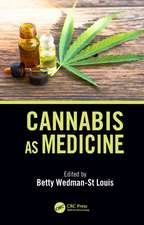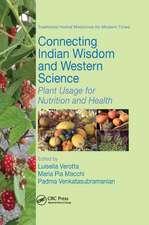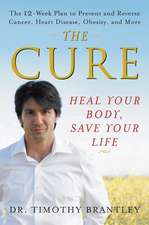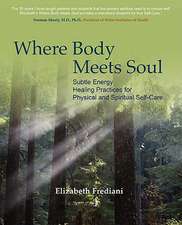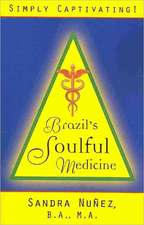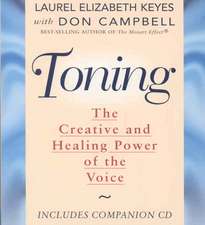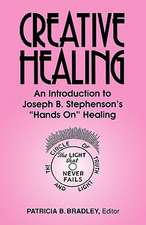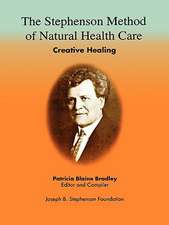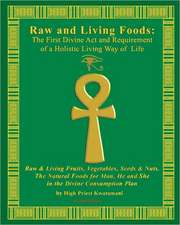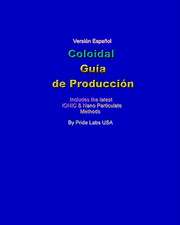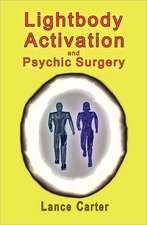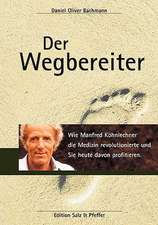Evidence-based Ayurveda: Defining a New Scientific Path
Editat de C. P. Khareen Limba Engleză Paperback – 30 sep 2021
This book begins by looking back at the research of the last three centuries, Indian medicinal plants, and Ayurveda in a twenty-first-century context. The first part of this book explores the limitations of contemporary Ayurvedic pharmacognosy and pharmacology, discussing the challenges the practice faces from research and clinical trials. It makes a compelling argument for the necessity of change. The second part of the book defines and elaborates upon a new, scientific path, taking the reader from identification of the herb through all stages of drug development.
An essential tool for herbal drug development, this text is designed for knowledgeable students, practitioners, and scholars of Ayurveda, pharmacy, and herbal medicine.
| Toate formatele și edițiile | Preț | Express |
|---|---|---|
| Paperback (1) | 357.15 lei 6-8 săpt. | |
| Taylor & Francis – 30 sep 2021 | 357.15 lei 6-8 săpt. | |
| Hardback (1) | 1164.33 lei 6-8 săpt. | |
| Taylor & Francis – 18 oct 2019 | 1164.33 lei 6-8 săpt. |
Preț: 357.15 lei
Preț vechi: 375.94 lei
-5% Nou
Puncte Express: 536
Preț estimativ în valută:
68.34€ • 70.50$ • 57.03£
68.34€ • 70.50$ • 57.03£
Carte tipărită la comandă
Livrare economică 26 martie-09 aprilie
Preluare comenzi: 021 569.72.76
Specificații
ISBN-13: 9781032176871
ISBN-10: 1032176873
Pagini: 324
Dimensiuni: 156 x 234 x 17 mm
Greutate: 0.46 kg
Ediția:1
Editura: Taylor & Francis
Colecția Routledge
Locul publicării:Oxford, United Kingdom
ISBN-10: 1032176873
Pagini: 324
Dimensiuni: 156 x 234 x 17 mm
Greutate: 0.46 kg
Ediția:1
Editura: Taylor & Francis
Colecția Routledge
Locul publicării:Oxford, United Kingdom
Public țintă
Postgraduate, Professional, and UndergraduateCuprins
Introduction: The thrust: Why a new scientific path? Part 1 The Legacy and Logical Steps for a New Therapeutic Regimen 1. The Need for Liberal Regulations for promoting evidence-based Ayurveda 2. Each and Every Step of Ayush will have Far-reaching Impact 3. To Move with the Times: Expand the knowledge-base of Ayurveda 4. Once Upon a Time there was a Classical Age in Countries which are now Leaders in Herbal Medicine 5. Avoiding Scientific Inquiry: Not Possible Now 6. Ayurvedic Pharmacognosy and Pharmacology: In Modern Perspective 7. How Classical Procedures Lost their Ground 8. Identification of Proper Herbs: A Challenging Task a) Pharmacopoeia of People’s Republic of China Pharmaceutical Names b) International Pharmaceutical Names 9. Pruning of Classical Formulations: Suggested Process 10. The pragmatic Nature of Ayurveda: No Restrictions on Revising Old Formulations 11. Basic Steps for Revalidatation of Ayurvedic Formulations 12. Hidden Secrets of Clinical Success: Super Power of “sacred word” Part 2 Defining a New Scientific Path By Switching over to Modern pharmacognosy, Pharmacology and Research Protocols 13. Identification of Medicinal Plants by Voucher Specimen 14. DNA Barcoding: A Breakthrough for Authentication of Raw Herbs 15. Modern Extraction Methods and Standardization of Extracts 16. Markers for Quality of Herbal Drugs 17. Pharmacological Actions of Chemical Constituents 18. Pharmacological Screening of Drugs: By Experimental Studies 19. A Shift in Ayurvedia Pharmacopoeia: From Holistic Approach to Disease-specific Concepts 20. Unbiased Research: Lifeline of Evidence-based Ayurveda and Contribution of Young Indian Scientists to Ayurveda 21. Threat to classical reputation By dubious Herbs and Substitutes 22. Red List of Medicinal Plants: Threat to Ayurvedic Formulations 23. Ayurvedic Education System: A Path-breaking Study Reflecting the Elements of Evidence-Based Ayurveda
Notă biografică
C. P. Khare is the founder president of the Society for New Age Herbals, a forum for promoting evidence-based herbal medicine, in New Delhi, India. He has been an herbalist, herbal drug consultant, and herbal historian for more than 60 years.
Descriere
This groundbreaking work calls for the overhaul of traditional Ayurveda and its transformation into a progressive, evidence-based practice.

